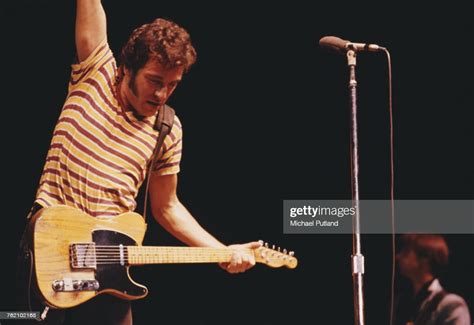A Quote by Janet Mock
Like many teens, I struggled with my body and looks, but my despair was amplified by the expectations of cisnormativity and the gender binary as well as the impossibly high beauty standards that I, and my female peers, measured myself against.
Related Quotes
Not all bodies are born in male or female. There is a continuum of bodies and it seems to me that trying to persuade medical and psychiatrist establishments to deal with the intersex involves critique of the binary gender system. Similarly there continues to be extreme, sometimes very extreme violence against transgender people.
I've been exploring gender performativity in the Gulf since I was a teenager. I'm not a gender anthropologist, but I feel like there's an extreme binary between femininity and masculinity in the Gulf. From a young age, I knew I didn't want to be part of it. Gender is a huge gray area, and the problem with defined roles is that they cover up undefined ones.




































